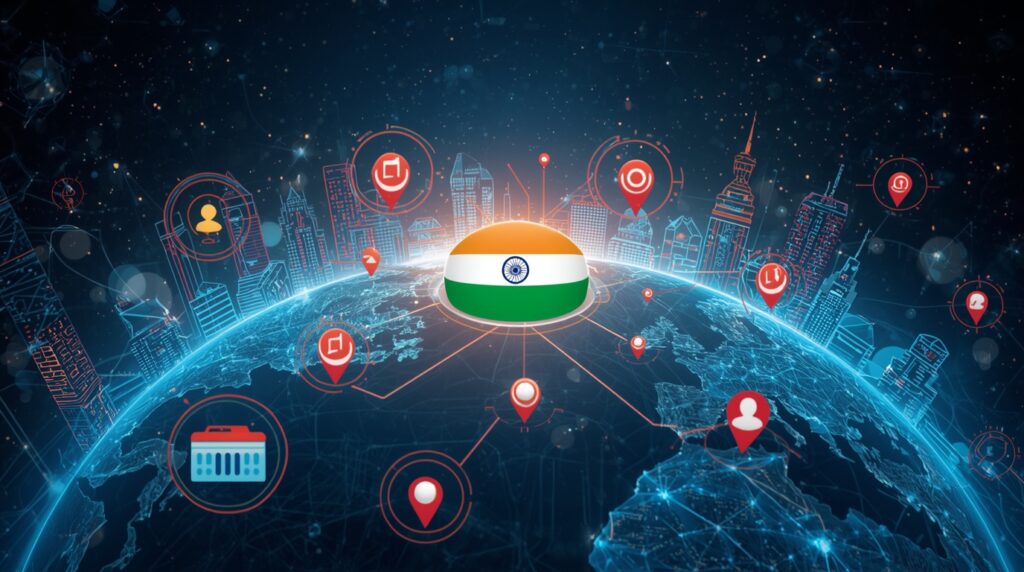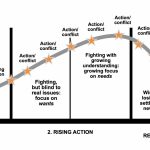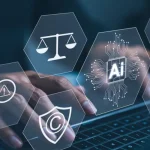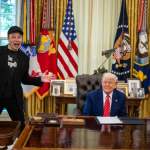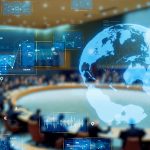Introduction
The world is entering a transformative era driven by rapid advances in artificial intelligence, a surge in celebrity influence across public discourse, and global political shifts that reshape international agendas. These forces do not evolve independently; instead, they weave together into a powerful movement redefining how societies communicate, innovate, and govern.
As governments adjust strategies, corporations accelerate digital adoption, and cultural voices become louder than ever, the balance of global power is transitioning into a new framework. This framework is rooted in digital ecosystems, shaped by public narratives, and strengthened by technological acceleration that is rewriting the rules of global engagement.
Artificial Intelligence: The New Engine of Global Competitiveness
Artificial intelligence has reached unprecedented maturity, transitioning from experimental technology to the backbone of national development strategies. Governments worldwide are competing to secure dominance through AI-driven systems that enhance defense, economic forecasting, healthcare, and communication.
This surge is pushing nations toward technological self-reliance while intensifying geopolitical frictions. AI’s integration into public infrastructure also introduces ethical dilemmas, particularly around surveillance, algorithmic bias, and the centralization of power. The question for global leaders is not whether AI should guide decision-making—but whether it should guide it without transparency and oversight.
Celebrity Influence: The Soft Power Governing Modern Minds
Celebrities today wield power once reserved for political leaders. Through social platforms with global reach, actors, musicians, athletes, and digital personalities possess the ability to shift public opinion within minutes. Their endorsements influence elections, corporate strategies, global movements, and even diplomatic relations.
This growing influence challenges traditional power hierarchies as celebrities build social empires driven by digital attention. While some use this influence to advocate for meaningful causes, others inadvertently amplify misinformation or shape debates without factual expertise. The fusion of celebrity culture and political discourse creates a new kind of soft power that governments can neither ignore nor fully control.
Politics Rewritten by Digital Transformation
Digital communication has altered how political systems operate. Elections now depend on data-driven insights, AI-powered analytics, and targeted messaging that reshapes voter behavior. Global leaders increasingly rely on predictive modeling to craft policies that reflect shifting public mood in real time.
At the same time, political misinformation campaigns have grown more complex, leveraging deepfake technologies and algorithmic manipulation. The battle for political truth has moved online, where narratives can be constructed, destroyed, or reinvented at unprecedented speeds. As politics becomes more dependent on digital ecosystems, the need for technological safeguards becomes critical to preserving democratic integrity.
Entertainment, Technology, and Global Economies Converge
Tech giants, entertainment studios, and political institutions now intersect through shared digital markets powered by consumer attention. Streaming platforms integrate AI to tailor global content consumption, while celebrities partner with tech firms to promote digital products, and political entities utilize influencer marketing to sway public opinion.
This convergence reshapes the global economy, transforming attention into currency. Nations with strong digital infrastructure gain strategic advantages, while developing countries work rapidly to bridge the technological divide. The future global economy will likely be governed not by natural resources but by data resources and digital influence.
Human Responsibility in a Rapidly Changing World
Progress demands accountability. The rapid rise of AI, celebrity activism, and political digitization challenges humanity to address ethics, privacy, and truth. Without thoughtful governance, these forces risk deepening social divides and undermining institutional trust. With proper oversight, however, they can drive the world toward innovation, equality, and shared prosperity.
The future depends on how societies integrate these powerful forces into responsible frameworks that protect human dignity while embracing progress.
FAQs
How is AI influencing global politics?
AI shapes political strategies through predictive analytics, automated messaging, and data models that forecast voter behavior and global trends.
Why do celebrities have political influence?
They command massive audiences, enabling them to shape conversations, push social causes, and influence public perception across borders.
How is digital technology impacting global governance?
Digital systems are reshaping elections, policy-making, surveillance, and international relations through rapid data exchange and real-time public sentiment analysis.
Is celebrity activism beneficial?
It can raise awareness and mobilize global support, but it may also spread misleading information when issues are oversimplified or misrepresented.
What challenges does AI pose to society?
AI raises concerns about privacy, transparency, fairness, and the potential misuse of autonomous decision-making systems.
Conclusion
Artificial intelligence, celebrity power, and political digitalization are driving a shift unlike any period in modern history. Together, they influence global culture, reshape economies, and rewrite political systems. Their intersection marks a new chapter where information, innovation, and influence merge into a unified global force.
As humanity navigates this transition, the need for ethical leadership, transparent governance, and technological responsibility becomes more essential than ever. The choices made today will define the balance between power and progress for generations to come.
